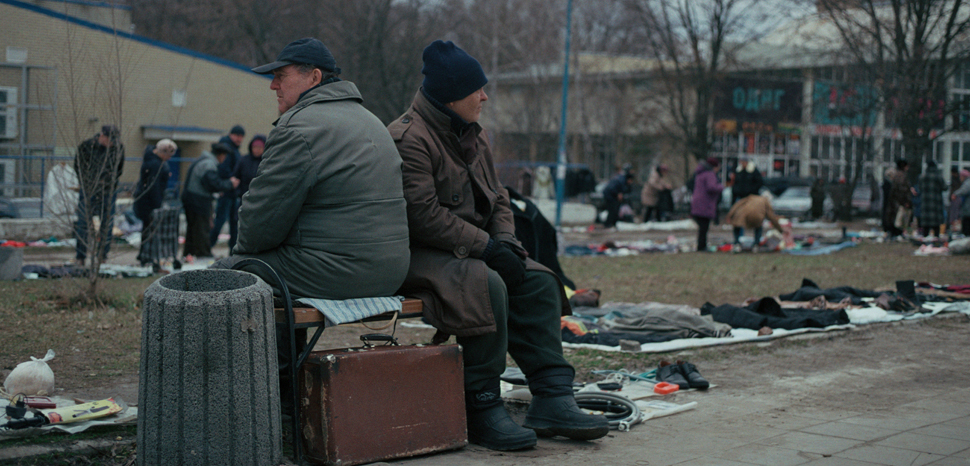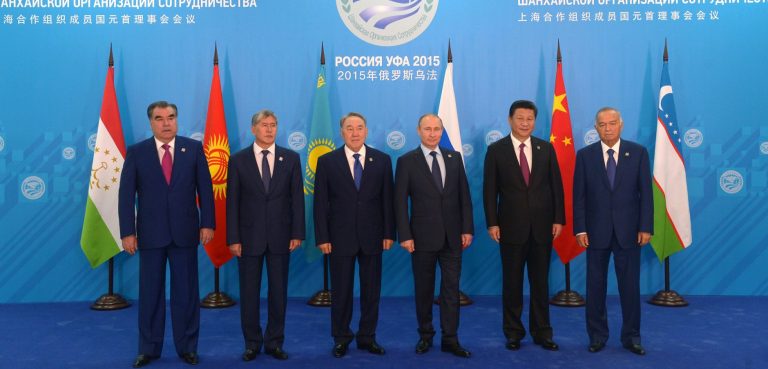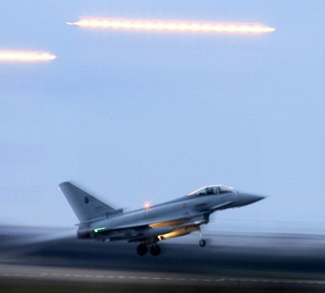With the narrative that floats around, one is tempted to think that the Ukraine crisis is all about Crimea; that it started and ended there. So what about the internal oblasts like Odessa, Kharkiv, Luhansk, and Donetsk (the South- Eastern regions) where a protracted conflict broke out? Are they not part of the resolution to the Ukraine crisis? But before any party decides on how to resolve the Ukrainian crisis, it is crucial to understand what needs to be resolved.
What needs to be resolved?
First, the negotiating status. Formal peace talks began with the Minsk-I ceasefire in September 2014 but Kyiv refused to engage with rebels as negotiation partners, even while Kyiv’s negotiators had no official status, proceeding to brand rebels as ‘terrorists.’ For as long as the insurgents are not considered cohorts in negotiating a peace deal and power sharing arrangements, the Ukraine crisis will not be resolved. Second, the political fate of the insurgent territory. At the crisis’s outset, Donbas seemed to concord with Russia on federalization, but as the conflict progressed, rebels’ aspirations were geared either towards complete independence or irredentism with Russia – the former, Ukraine would never give, and the latter, Russia did not want. The ‘special status’ option running into a political impasse, coupled with Ukrainian civil activist efforts against Minsk agreements, meant that the crisis was not ripe for peace from Kyiv’s side. On the other side, the Donbas rebels’ dissatisfaction with Moscow and Kyiv for neglecting rebel wishes also meant that the crisis was not ready to be resolved from their side either. All parties were dissatisfied with the outcomes. It is not wrong therefore to say that Ukrainian nationalism and monist identity approach was only becoming stronger with rebels’ resistance to Kyiv’s biddings. Thus, for as long as the rebels are not awarded some sort of autonomy or freedom to live their “Russianness,” the crisis will not be resolved. At the same time, for as long as the rebels are firm on irredentist motives instead of attributing some form of loyalty to Kyiv, the SE-Ukraine crisis will be prolonged and cannot be resolved. It goes without saying that the resolution needs to be political, not military. As with any conflict, ceasefires are only temporary arrangements until a greater political plan is formed. As the many (failed) ceasefire attempts indicate, Ukraine needs to seriously determine a political solution for the conflict to truly stop.
The Ukraine crisis and European security
No matter how the Ukraine crisis is resolved, some aspects from it serve as important notes for European security. First, the Donbas conflict is a strong reminder that for regional stability and order, it is necessary to devote attention to grassroots rebellions instead of single-mindedly fantasizing over the “all-Putin” narrative. Crimea was the tip of the iceberg; it is possible that such dormant grassroots rebellions could foment and induce a regional domino effect throwing the fragile balance off the continent. Second, it is unreasonable to take insurgent groups’ military organization and political aspirations for granted. Within Ukraine, rebels have showed the skill and experience needed to spontaneously mobilize and acquire modern warfare methods, which means, that such revolutions can very much happen despite state defense methods. Was (is) Ukraine prepared for this? Are Kyiv’s European friends prepared for this? Furthermore, when grievances are addressed in the form of violent conflict, a pro-war culture unites people with similar ideologies. How can Europe stop European fighters from fighting in Donbas? The moment that a cultural war becomes war-culture is indeed tricky – so Europe needs to take into account the strength of identities, symbols, and beliefs, and how that can affect the fragile security in the region, instead of brewing the ‘Russia-orchestrates-all’ beverage. Lastly, with whatever political resolution that Ukraine comes up with, European security and stability is only possible with Russia’s cooperation. Antagonizing Russia will not help integrate pro-Russian factions within pro-West states like Ukraine. This would mean not only cooperating with Russia for further regional stability, but also not isolating it. Russia’s past attempts at halting the Novorossiya project in Donbas, postponing elections in rebel territories, enthusiasm for peace prospects including suggesting UN peacekeeping troops, cannot be simply rewarded with more economic sanctions. That defeats good faith from Russia. This causes Russia to turn away from cooperation with the EU, and with it, induce its pro-Russian supporters (scattered all over the FSU) to imitate the same.
Ukraine crisis and Russian security
If a political-military resolution is found to end the Ukraine crisis, it has some implications on Russian security too. First, Russia needs to be prepared for calls to the ‘Russian World.’ A population who was driven to go to war because they had faith Russia would repeat Crimea means that such dormant attitudes maybe present within other FSU populations. Matveeva (2018, 286) states that “Russia does not have a universalist approach to regional conflicts,” and Donbas is a clear example of that. Whatever the resolution is agreed upon for Ukraine, a big question that looms over Russian security is about how it would take care of regional military confrontations. Russia uses a bilateral and multilateral approach in order to bind states into a regional order, but the aspect about a military confrontation remains unanswered (Slobodchikoff 2014). Whether we look at CIS or some other multilateral organization, there needs to be some forum which either addresses collective security operations (actual military confrontations) or allows Russia to intervene as necessary. The Collective Security Treaty Organization (CSTO) has been a good tool for Russia in integrating Eurasia against external threats, but has Russia seriously considered civil and transnational (internal) conflicts which can turn into full-blown civil wars if allowed? Even if Russia finds it pointless to entertain civil skirmishes like the one in Donbas, how can it ignore the fundamental drive – Novorossiya – which served as the rebels’ motivational catalyst? All this indicates that Russian security is invariably a matter of regional stability, very much taking into account Ukraine. So, it is only in Russian security interests to mollify such uprisings using support from mainland governments and/or a multilateral security architecture, thereby standardizing its approach to such regional hostilities. Unless, of course, it is Russia’s wish to stay mysterious with its security approach. If that be so, such an approach does not bode well for regional security. Secondly, for any sort of crisis resolution to sustain, Russia will have to understand Kyiv’s perspective. Although it has to rush to aid its Russian World when she summons her, Moscow cannot overplay this cultural dimension so much as to explicitly challenge the West and thereby feed into the Western normative discourse. Ukraine will be more than unwilling to make any more concessions past Crimea, so Donbas’s resolution (when it happens), would require sacrifices on both fronts and acknowledgment of bitter history.
Of course rebels in Donbas or Kyiv, the governments in Moscow and Kyiv, as also the wider continents of Europe and America would appreciate a true peace, but ‘peace’ cannot be viewed as an absolute dichotomy: either my way or the highway. A ceasefire may bring about a transient military resolution, but without a political one unanimously agreed by involved parties, it is unlikely that the Ukrainian crisis will end in spirit.
In order to avoid such future conflicts, both Russia and Europe must understand how overlooked conflicts such as those in Donbas have security implications for both of them. For Russia, it means acknowledging the dormant (but very potent) society within the Russian World, as also Russia’s obligation as leader of that world – and while doing all of this, maintaining a delicate balance between itself and the West. For Europe it means acknowledging indigenous uprisings, giving due value to cultural enthusiasm uncontaminated by political conspiracies that feed in the all-Putin perspective, and faithfully cooperating with Moscow to attain regional stability.
So as we see, there is much theoretical resolution to the Ukraine crisis and how that will affect Russian and European securities, but practically, one has to wait to see. As Matveeva (2018, 298) writes, “we can only hope humanity survived in those who went through it,” to which it would do well to add: I hope some foresight and rationality is present in those who are to resolve it.
The views expressed in this article belongs to the author alone and does not necessarily reflect those of any institutions with which the author is associated with or Geopoliticalmonitor.com.




